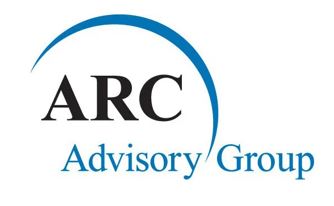

The Biden-Harris Administration's recent announcement of a $7 billion investment in America's first clean hydrogen 
The U.S. energy landscape is undergoing a transformative shift, with hydrogen emerging as a pivotal player. Hydrogen, a versatile fuel, can be produced from almost any energy resource, making it a valuable asset in the nation's quest for cleaner energy solutions. The seven H2Hubs, funded by President Biden’s Bipartisan Infrastructure Law, are designed to establish a national network of clean hydrogen producers, consumers, and infrastructure. These hubs will collectively produce three million metric tons of hydrogen annually, contributing to nearly a third of the 2030 U.S. production target. Such a move is expected to significantly reduce emissions from hard-to-decarbonize industrial sectors, which currently account for 30% of total U.S. carbon emissions.
Appalachian Hydrogen Hub (ARCH2): Spanning West Virginia, Ohio, and Pennsylvania, this hub will utilize the region's abundant natural gas resources to produce low-cost clean hydrogen. The hub is expected to create over 21,000 direct jobs.
California Hydrogen Hub (ARCHES): Located in California, this hub will produce hydrogen exclusively from renewable energy and biomass. It aims to decarbonize public transportation, heavy-duty trucking, and port operations.
Gulf Coast Hydrogen Hub (HyVelocity H2Hub): Based in the Houston region, this hub will produce hydrogen using both natural gas with carbon capture and renewables-powered electrolysis.
Heartland Hydrogen Hub: Covering Minnesota, North Dakota, and South Dakota, this hub will focus on decarbonizing the agricultural sector's fertilizer production.
Mid-Atlantic Hydrogen Hub (MACH2): Spanning Pennsylvania, Delaware, and New Jersey, this hub aims to repurpose historic oil infrastructure and develop renewable hydrogen production facilities.
Midwest Hydrogen Hub (MachH2): Located in the industrial corridor of Illinois, Indiana, and Michigan, this hub will focus on decarbonizing sectors like steel and glass production, power generation, and sustainable aviation fuel.
Pacific Northwest Hydrogen Hub (PNW H2): This hub, covering Washington, Oregon, and Montana, plans to produce clean hydrogen exclusively via electrolysis.
The establishment of these hubs is expected to drive private sector investment in clean hydrogen, setting the nation on a course to achieve critical long-term decarbonization objectives. The U.S. is on the cusp of a hydrogen revolution. The establishment of the seven H2Hubs is a real-world demonstration of the nation's commitment to a cleaner, more sustainable energy future. As the world wrestles with the challenges of climate change, initiatives like these not only pave the way for technological advancements but also promise economic growth and job creation. The road ahead is long, but with strategic investments and a focus on inclusivity, the U.S. is poised to take a leadership position in the global clean energy transition.

